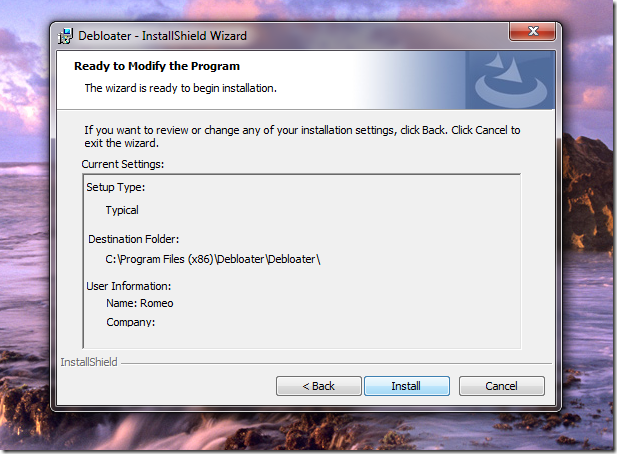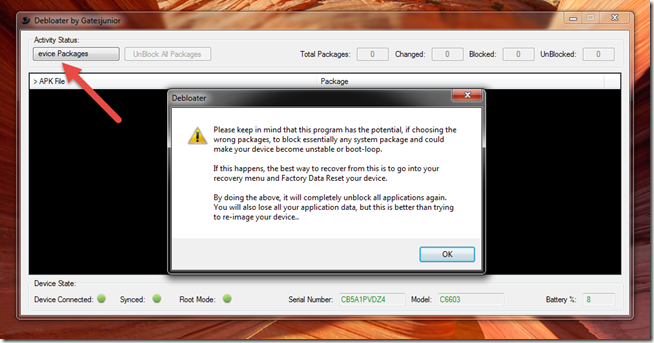Android smartphone manufacturers like HTC and Samsung often pre-load their devices with numerous apps that are rarely used by users. These apps, also known as bloatware, take up unnecessary resources and can slow down the device. In this article, we will discuss two methods to disable or delete these bloatware apps from your Android phone, with or without root access.
- NFL Sunday Ticket: How to Watch Football on YouTube TV and YouTube for the 2023 Season
- How to Determine if You Have a Smart TV in 2023
- CyberArk Enterprise Password Vault (EPV) Events Connector for Microsoft Sentinel
- How to Get iPhone/iPad out of Guided Access Mode
- Manually Integrate Jamf Pro with Intune for Compliance
Disabling Bloatware for Non-Rooted Androids
The first step is to enable the Developer Options and USB debugging on your Android device. If you don’t see the Developer Options in the settings, go to the About page and tap the build number repeatedly until the developer options are enabled. Next, enable the “Allow USB Debugging” option. This is necessary for sending ADB commands to the phone from a computer. Make sure you have installed the ADB drivers on your Windows computer if you haven’t done so already.
Once the necessary settings are in place, download and install the Gatesjunior’s Debloater program on your computer. This program allows you to disable bloatware apps on your Android phone. Launch the Debloater application and ensure that your Android device is connected and recognized by the program.
Xem thêm : How to Upload Photos to Shared Google Drive from iPhone: 3 Easy Ways
The Debloater program will display a list of all the APK files installed on your phone. Simply select the app you wish to disable and click the “Apply” button at the top-left corner. Debloater will work in the background and disable the selected app. To re-enable the app, uncheck the option and apply the settings.
Word of Advice: Be cautious when disabling system APKs as some apps are essential for the phone to function properly. Disabling the wrong app may cause boot loops or require a device reset.
Download Gatesjunior’s Debloater program (Free)
Uninstalling Bloatware on Rooted Android
The previous method only disables bloatware apps and does not free up storage space on your SD card. However, if you have a rooted Android phone, you can use a free application called Titanium Backup to uninstall system applications.
Start by downloading and installing Titanium Backup from the Play Store. Once installed, run the app and grant it root access on your phone. In the Backup/Restore tab, you will see a list of all the apps installed on your device. System apps are displayed in red, while downloaded apps are shown in white. To uninstall an app, simply tap on it and select the “Uninstall” option from the popup window. It is recommended to backup the APK file before uninstalling.
After uninstalling the app, you will see a strike-through against its name, indicating that it is no longer installed on the system. If you have a backup of the app, you can restore it without any issues.
Xem thêm : How to Sign Out of Your Roku Account on TV (Or Online)
Developer: Titanium Track
Availability: Play Store (Free)
Frequently Asked Questions
-
Can I disable bloatware apps without root access?
- Yes, you can use the Debloater program to disable bloatware apps on non-rooted Android devices.
-
Does disabling bloatware free up storage space?
- Disabling bloatware apps does not free up storage space. To free up space, you will need to uninstall the apps using a program like Titanium Backup.
-
Is it safe to disable system APKs?
- Disabling system APKs should be done with caution, as some apps are necessary for the phone to function properly. Disabling the wrong app may cause issues and require a device reset.
Conclusion
Disabling or deleting bloatware apps can help improve the performance and storage capacity of your Android phone. Whether you have root access or not, these methods allow you to get rid of unnecessary apps that consume resources. By following the steps outlined in this article, you can optimize your Android device and enjoy a smoother user experience.
Remember to visit Eireview for more insightful articles on technology and software engineering.
Nguồn: https://eireview.org
Danh mục: Technology



